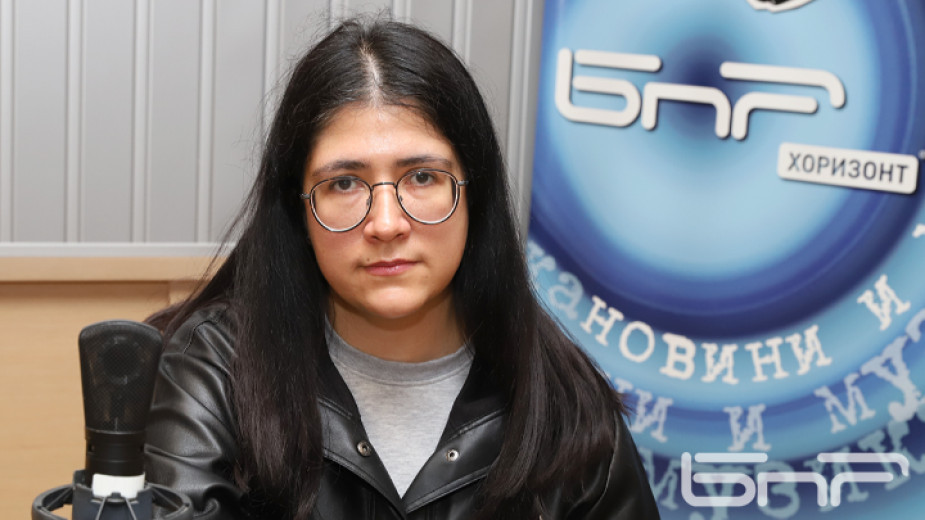
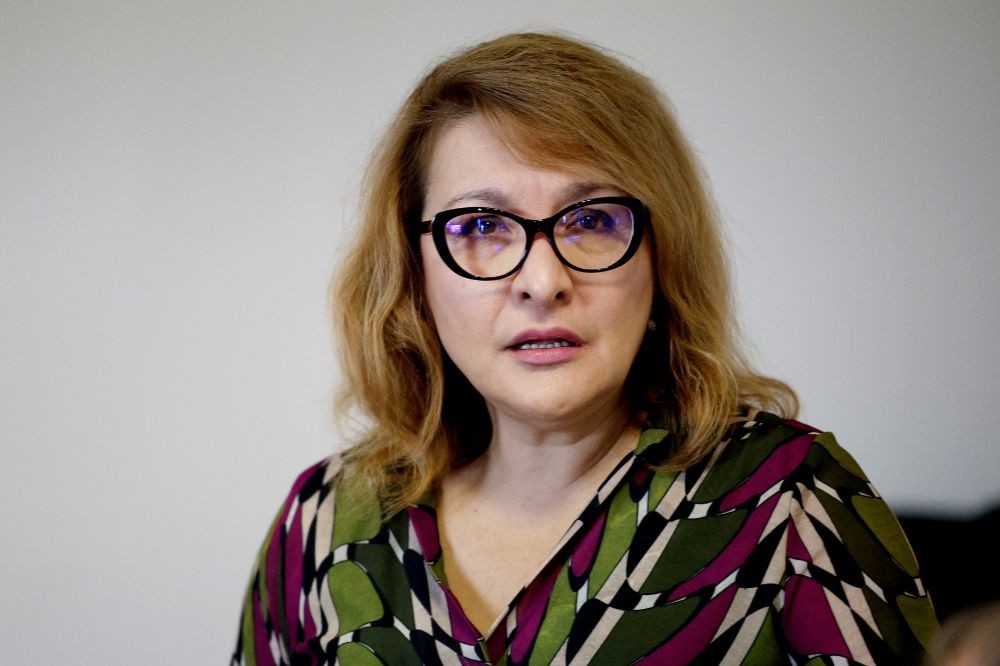
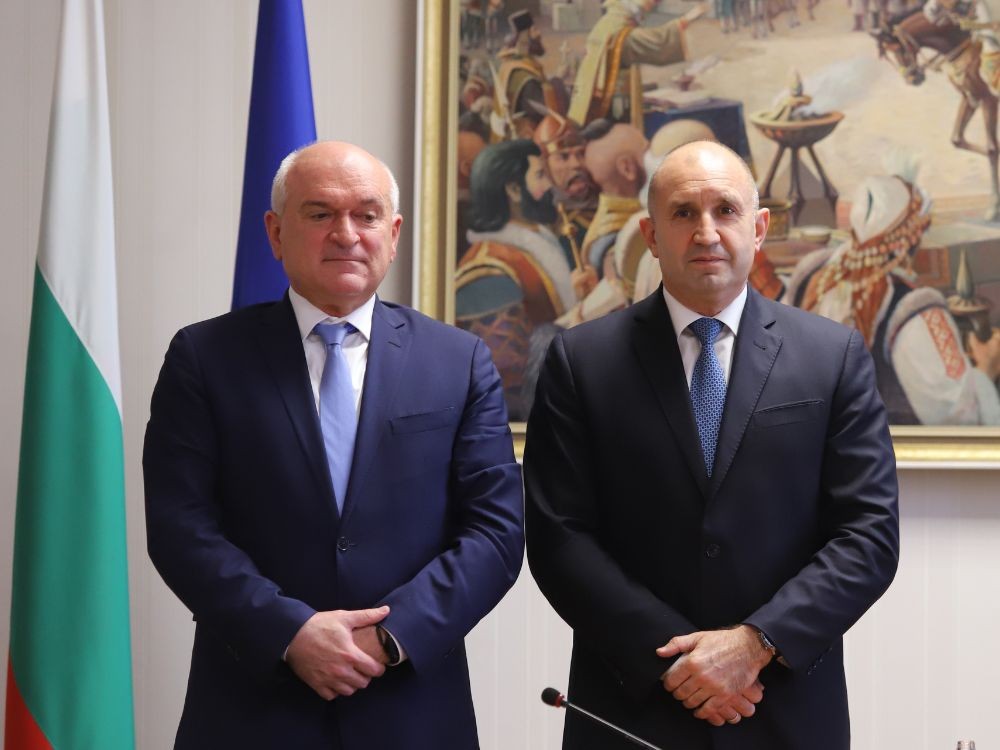
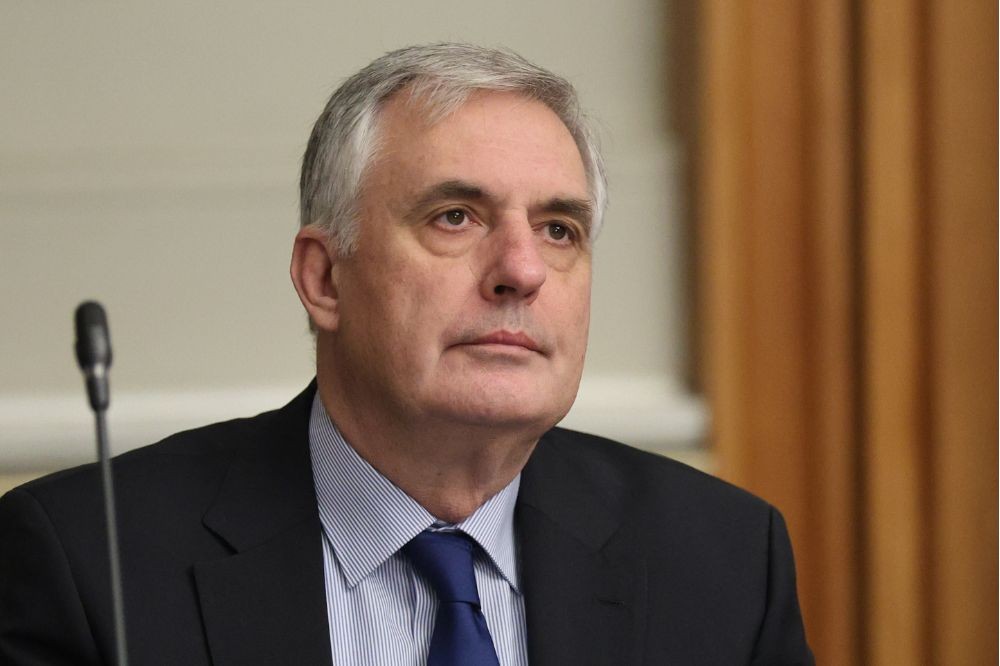
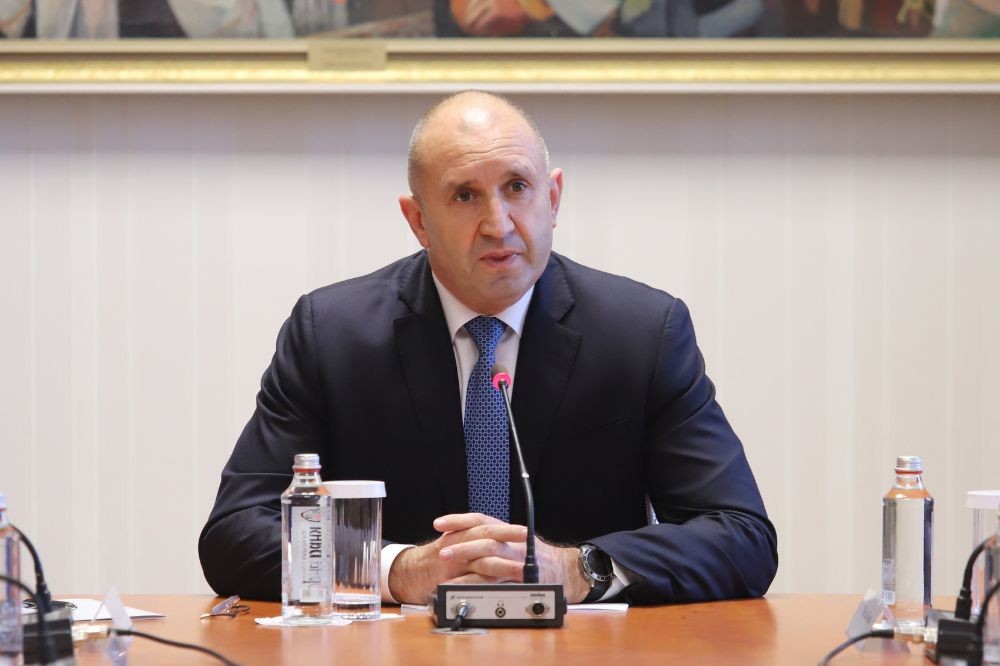
Nearly five months after the last early parliamentary elections in Bulgaria, the 51st National Assembly has "grown" by one party and is now formed by nine political formations. The Constitutional Court declared the election of 16 MPs illegal , and..
Georgi Kuzmov, who was removed from his position as mayor of the Sofia district of Oborishte, is returning to his post after winning the new elections with nearly 70% of the votes. At the end of last year, the Supreme Administrative Court..
Velichie party enters the 51 st National Assembly with 10 seats, the Central Election Commission (CEC) has decided following the ruling by the Constitutional Court which alters the results of the election for National Assembly held on 27 October,..

+359 2 9336 661
